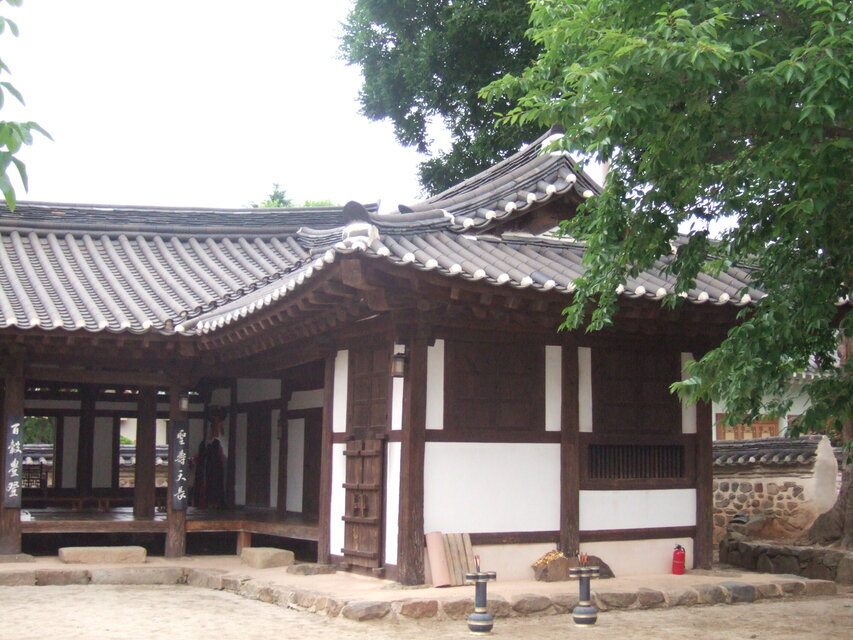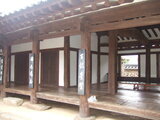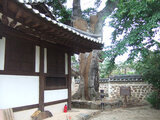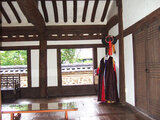The Private Residence of Naju-moksa
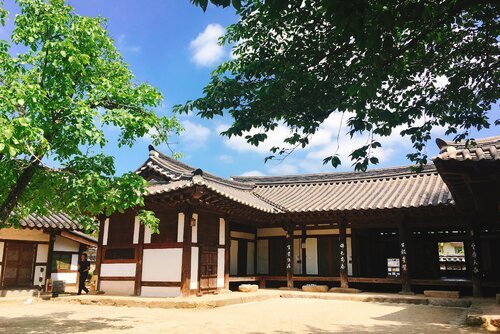
- Address
- 13-8, Geumseonggwan-gil, Naju-si, Jeollanam-do, Republic of Korea
- Tel
- 061-332-6565
- Recommend
- 4
- Opening Days
- Closing Days
- Admission
- Free
Owner : state ownership
Scale : 내아 1동, 행랑채 1동
Number : Cultural Properties Data No. 132
Era : late chosun period
Designated date : 31684
Over the course of a thousand years, countless moksas, or the highest government official assigned to the region, were dispatched to Naju from Hanyang, and they all lived in the private residence of Naju-moksa, considered a propitious site.
Naju-moksa, governing over Naju, regarded as an important strategic point and a valuable granary in the Honam region, was a high-ranking government official. Among those assigned to the position of Naju-moksa, Yu Seok-jeung and Kim Seong-il went down in history for their exemplary administration as well as their exceptional accomplishments such as the establishment of a sinmungo to receive feedback from the people. It’s well-known that their terms of office were extended based on the wish of the people.
The living quarters of Naju-moksa present a rustic atmosphere with the marvelous sight of hanok (traditional Korean house). Even in the sweltering hot summer, you can enjoy cool air inside the buildings, thanks to the tall ceilings and the hanji-finished walls that facilitate air circulation. The private residence of Naju-moksa is comprised of anbang (main room), daecheong (main wooden-floored hall), geonneonbang (room across the main living room), bueok (kitchen) and chanbang (pantry) among other rooms, and there are ancillary buildings such as a grain storage. The spatial layout is similar to that of an anchae (women’s quarters) of the homes of the nobility. In the yard, there is a hackberry (Celtis occidentalis) that has been standing its ground for hundreds of years despite having been struck by lightning. Naju City has restored the private residence of Naju-moksa so that it could serve as an accommodation and provide a chance for tourists to experience the traditional culture of Naju.
